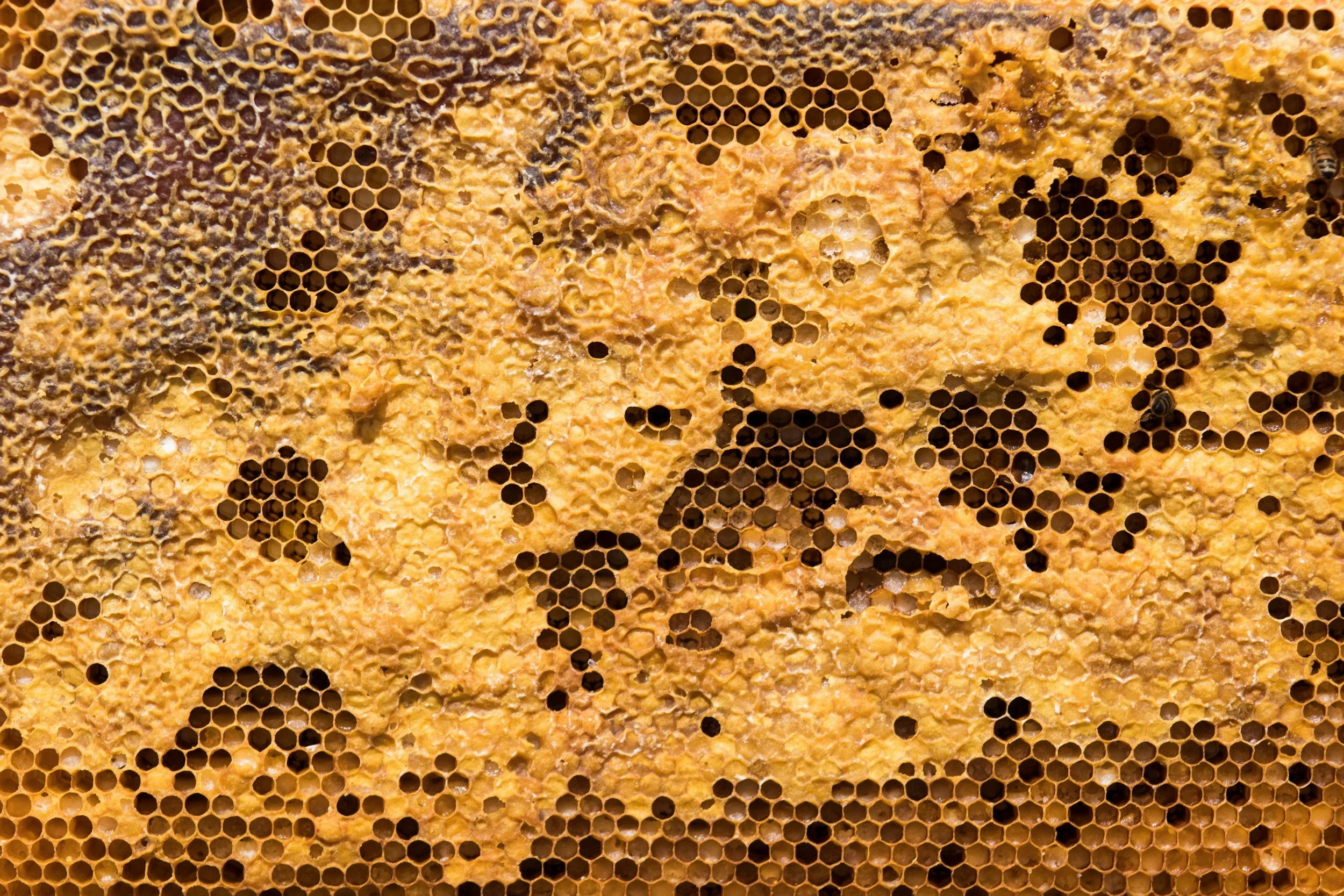BUILDING CLIMATE & ECONOMIC RESILIENCE VIA BEE FENCES
WILD LANDSCAPES INTERNATIONAL
LAIKIPIA, KENYA
2025 GRANTEE | $15,000 | NOMINATED BY WILD PLACES
Our project involves purchasing beehives and constructing a honey extraction facility to empower local Pokot women by producing high-quality honey, which will increase community income, enhance biodiversity through improved pollination, and reduce human-wildlife conflicts. Additionally, the facility will serve as a tourism attraction, offering visitors the chance to learn about local honey production and the culture of the Pokot community, further supporting sustainable economic development and conservation of local flora and fauna. This project is intended as a model that can be adapted and replicated in other regions, contributing to the long-term resilience and prosperity of communities similar to Mugie.
The Issue:
As our community and wildlife share the same landscapes, conflicts often arise. These conflicts threaten local wildlife populations and endanger community safety and livelihoods. Incidents such as crop raiding and livestock predation create tension and economic losses for our residents. Simultaneously, the expansion of roads, fences, and other infrastructure fragments natural habitats, disrupts wildlife movement, and exacerbates the conservation challenges we face. These disruptions hinder the ability of species to migrate, find food, and reproduce, further stressing our local biodiversity.
Grant Award Use:
The overall goal is to establish a robust beekeeping enterprise by purchasing beehives, providing comprehensive training to community members, particularly women, on advanced beekeeping techniques, and constructing a honey extraction facility that adheres to sustainable and eco-friendly standards, all leveraging the natural biodiversity of our region to create a thriving, self-sustaining community enterprise.
What Would a Successful Project Result In?
The final success of this project looks like a thriving, self-sustaining beekeeping industry that empowers women, boosts the local economy, enhances biodiversity, reduces human-wildlife conflict, and becomes a community hub, accessible to all, fostering collaboration and further economic opportunities, resulting in improved livelihoods and climate resilience.
Voices From The Community:
“Mugie Conservancy’s beekeeping project seeks to empower local women and promote biodiversity while reducing human-wildlife conflict. By supporting this initiative, WildLandscapes International aims to demonstrate how conservation can drive sustainable development, fostering resilience in both the community and the landscape.” ~Élodie A. Sampéré, Deputy Director








